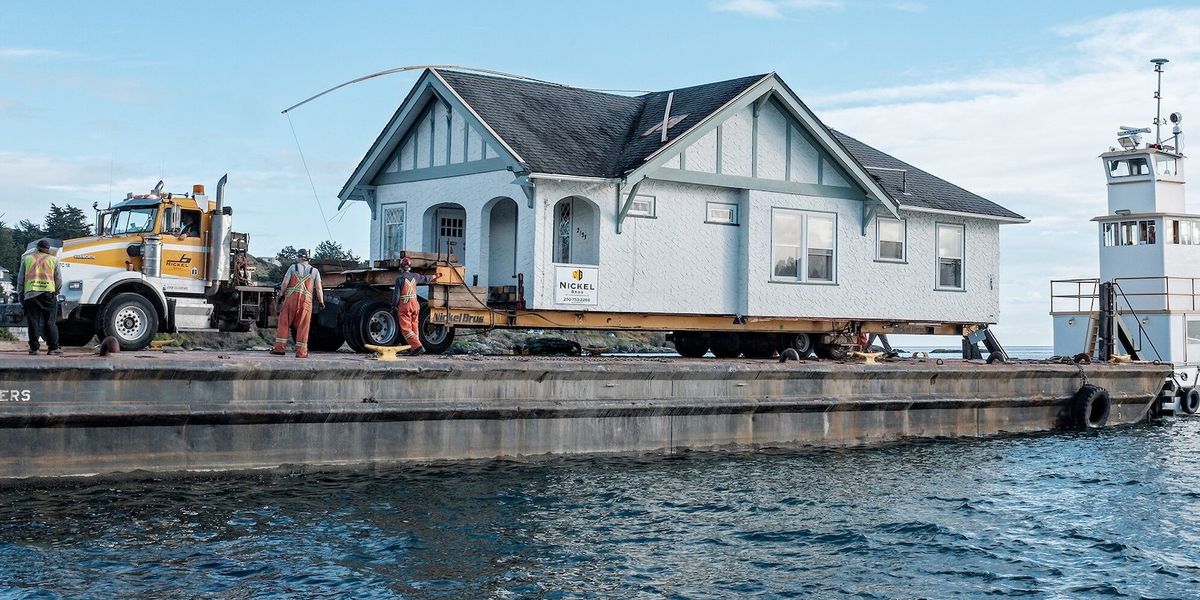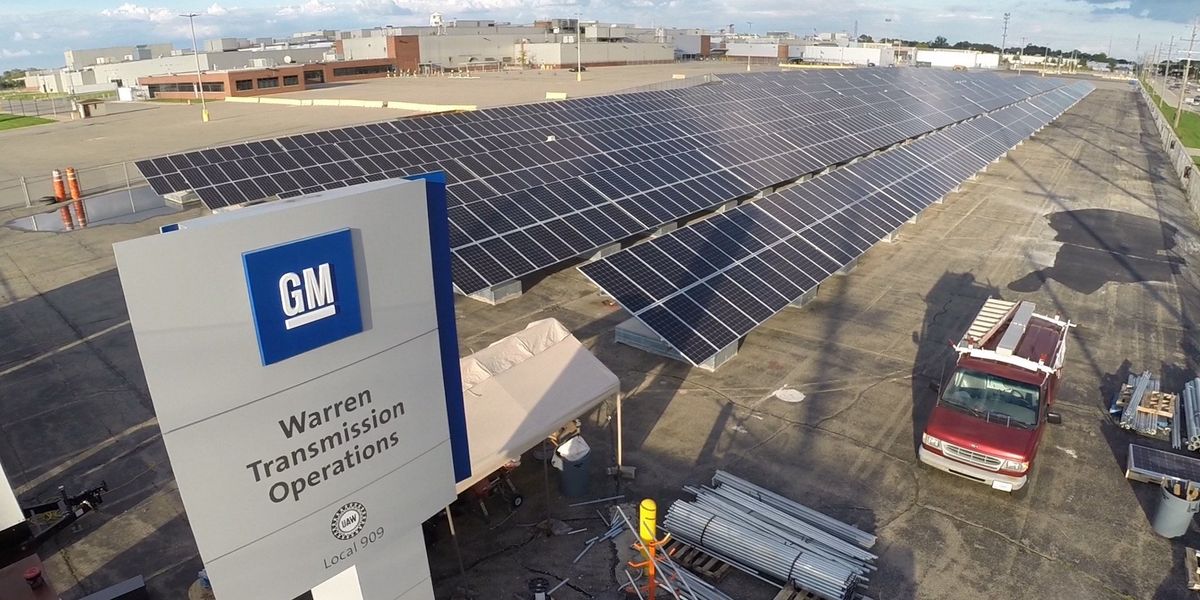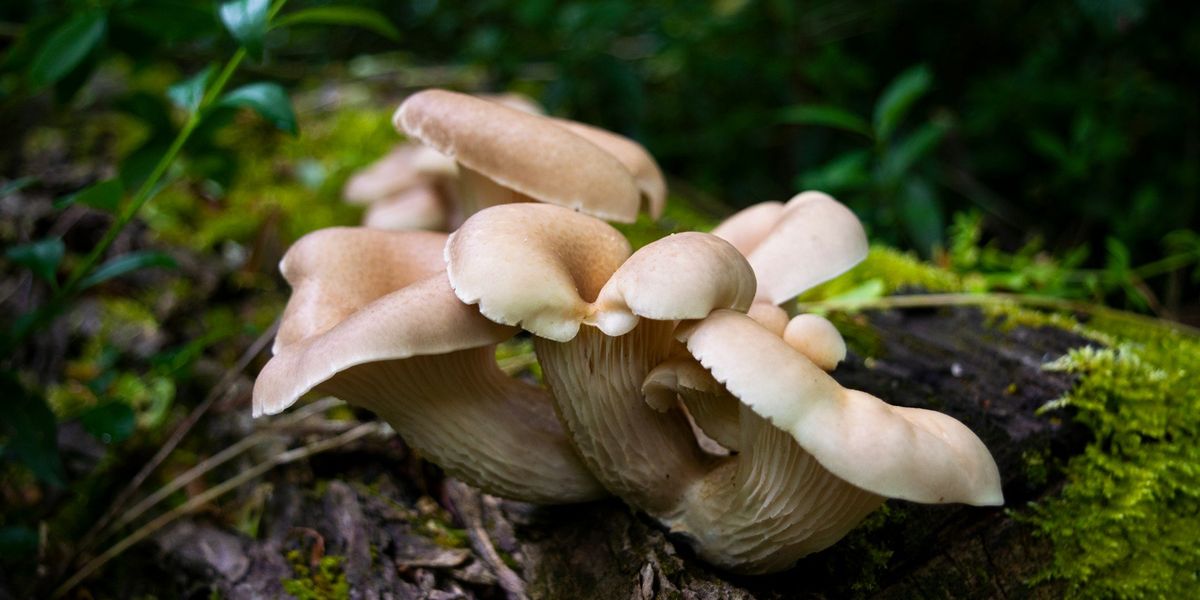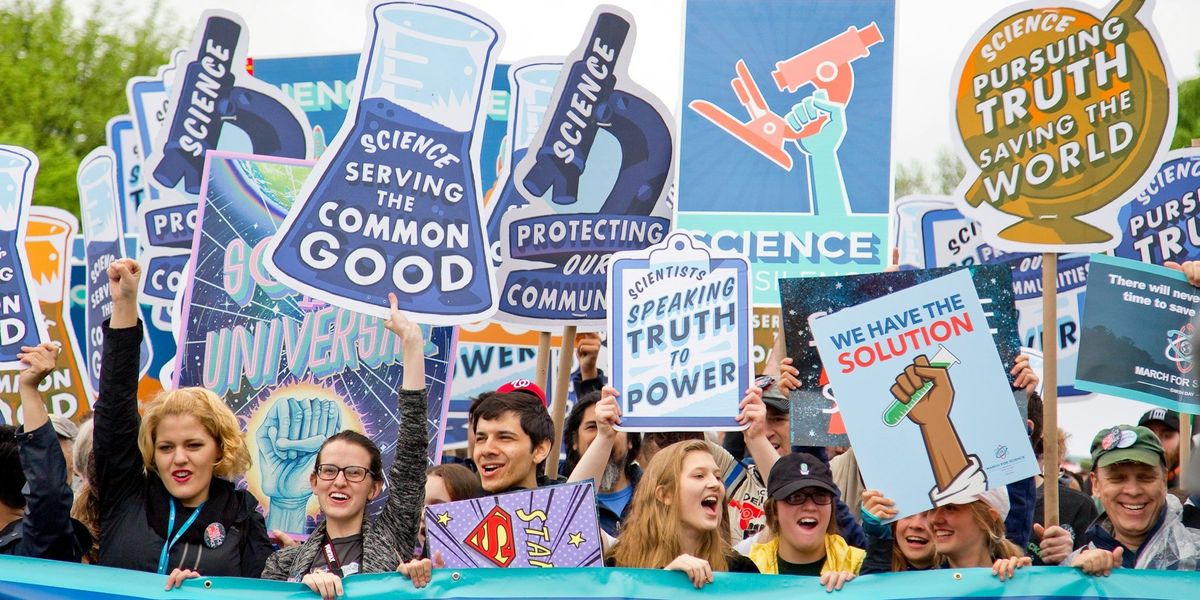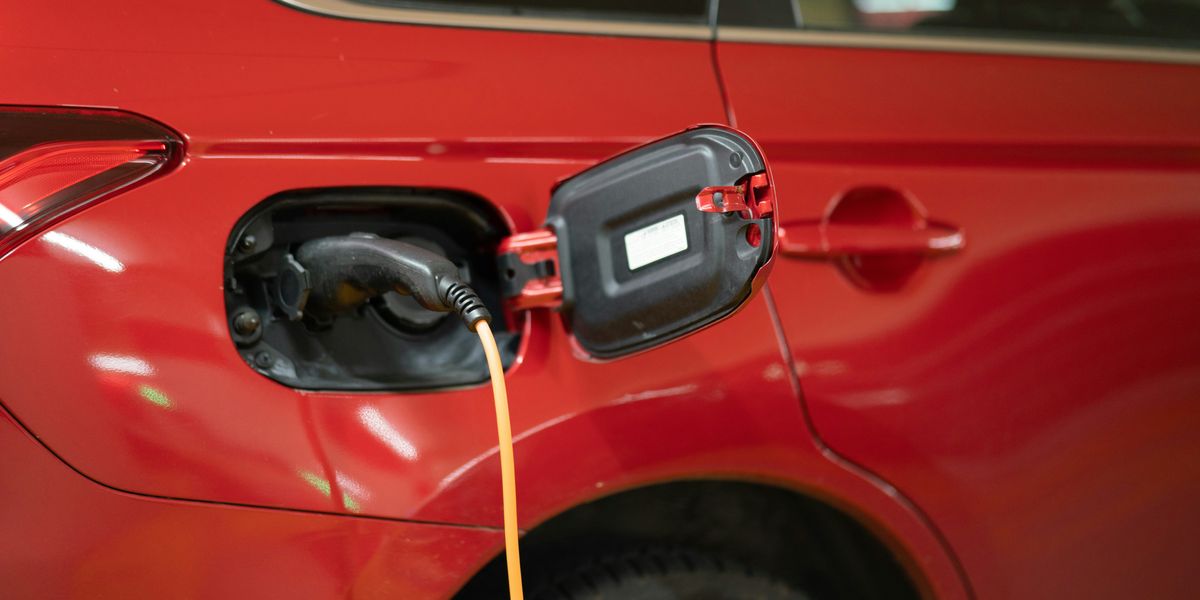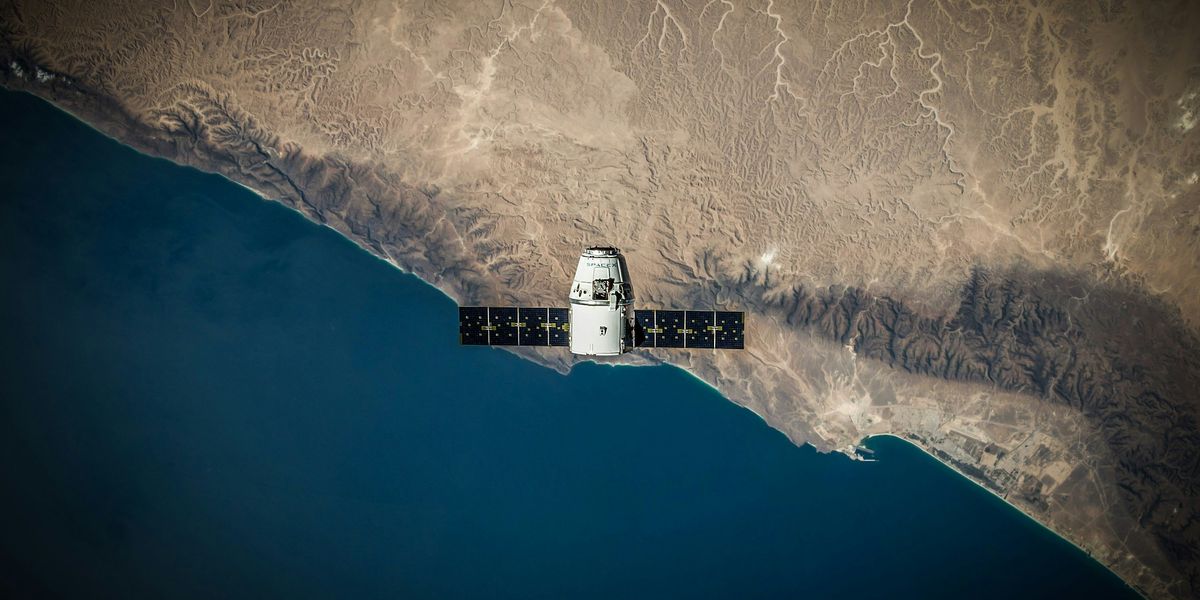
William H. Schlesinger: Ways to reduce the environmental impact of your morning coffee
Coffee drinker that cares about your environmental footprint? Buy shade-grown coffee, brew it by French press, and dispose of the coffee grounds in compost.
If you are like me, you can't imagine starting your day without a couple of cups of strong coffee.
It jump-starts the mind. Coffee consumption is growing faster than the human population, with annual consumption now topping 10 million tons per year. But, just as I have considered for milk and booze, coffee has a bunch of environmental impacts that begin with how it is grown and extend to how we dispose of it in the environment.
Deforestation and biodiversity loss
The impacts of coffee production on tropical forests have been discussed for decades. Most tropical ecologists believe that the growth and harvest of coffee in the shade—that is, under an intact canopy of tropical forest—is not too bad for the environment.
However, when the price of coffee rises, so does that rate of deforestation to provide for sun-grown coffee in the tropics. Sun-grown coffee results in the loss of birds common in mature tropical forests.
But, the story is not unequivocal: some species of birds actually do better or even colonize sun-coffee plantations.
For a regional landscape, the greatest number of birds will be found in a mosaic of forest and coffee plantations, especially if the tracts of forest are large.
Energy use
In terms of energy use, more than half of the environmental impact in the production of coffee occurs in the plantations where coffee is grown, to account for cultivation, fertilizers and pesticides. When you decide to have a cup of coffee, you have already made your largest contribution to the energy used to deliver coffee to your cup.
How we brew coffee determines most of the rest of the energy use. Should we use French press, a traditional drip-pot, or one of the new modular or "pod" brewing systems. There is no contest in terms of resources used to manufacture the system—pod-brewing systems use much more material, especially in plastics and electronics, all of which take energy to produce.
How coffee pots are employed flips the evaluation. Considerable energy is used when consumers brew a full pot using traditional methods, but then leave the heat on to keep it warm for the rest of the morning.
Pod-brewing systems that are maintained on phantom power between brews use less energy per cup. Unfortunately, pod-brewing systems that are left in standby mode—where hot water is kept available for the next user—have the worst environmental impact, dwarfing the difference in impact between traditional drip and pod-brewing systems. Overall, French press systems use the least energy at every stage.
Plastic disposal and caffeine waste
The pods themselves create environmental impact, both in their manufacture and in disposal. Some pods are now advertised to be recyclable, but the limited data available suggest that this is infrequent. Most used pods end up in a landfill. The production and disposal of coffee pods accounts for up to one-third of the energy used to brew coffee in those machines.
Caffeine is now found as a ubiquitous contaminant in natural waters, especially in countries with high and increasing coffee consumption. Some caffeine is derived from the disposal of waste coffee and coffee grounds, whereas some, typically 2 percent to 3 percent, passes through the human system intact and contaminates sewage waters.
Sewage treatment can remove up to 70 percent to 98 percent of caffeine, so if sewage waters are treated only a small amount of caffeine passes into natural waters, where it exposes fish and other wildlife.
Nevertheless, one recent study found that 35 percent of environmental samples worldwide had caffeine concentrations that were above the threshold of undesirable effects on organisms.
If you must have coffee, buy shade-grown coffee, brew it by French press, and reduce your impact on nature by disposing of the coffee grounds in compost.
William H. Schlesinger is one of the nation's leading ecologists and earth scientists. He has served as dean of the Nicholas School of the Environment at Duke University and president of the Cary Institute of Ecosystem Studies.
This article originally ran on Translational Ecology, Schlesinger's science-based blog offering analysis of current environmental topics.

